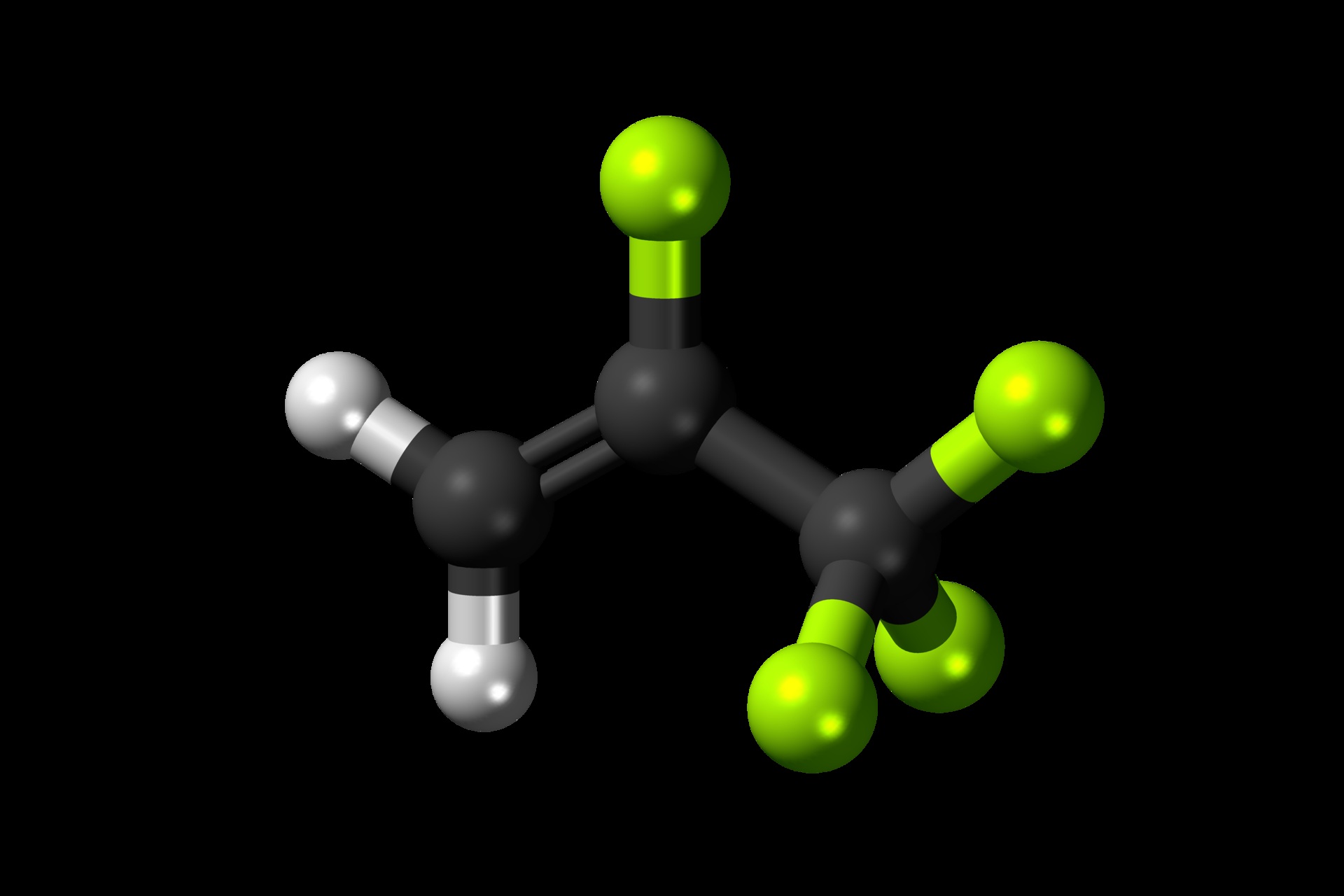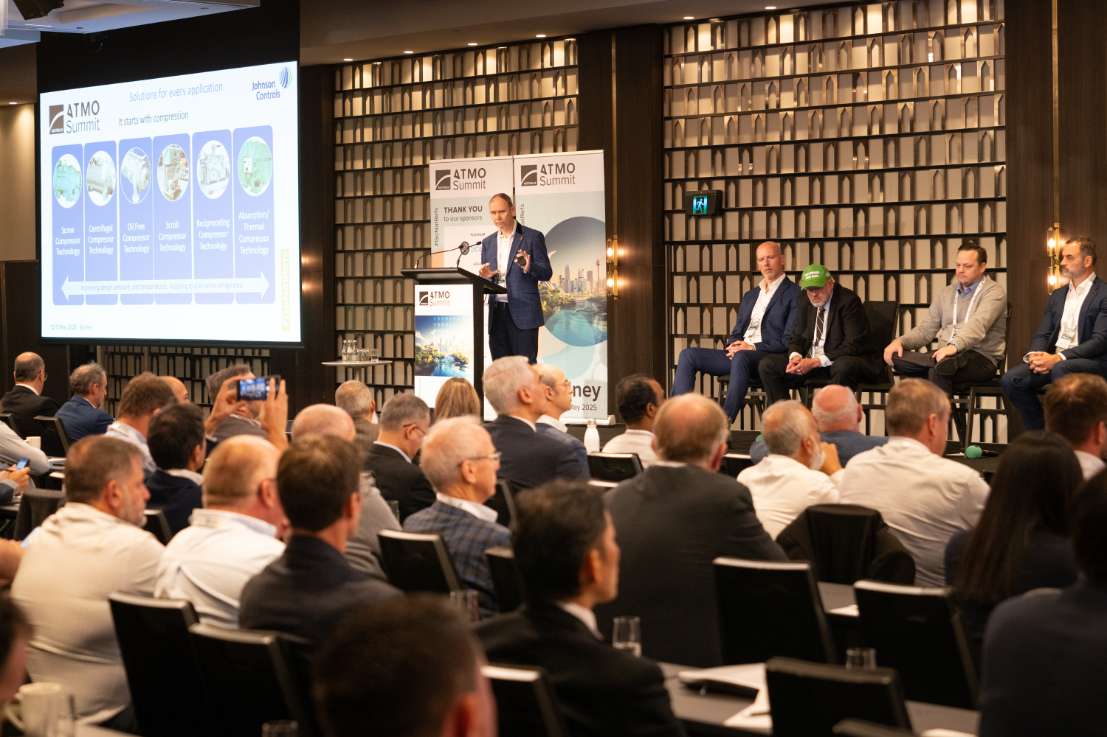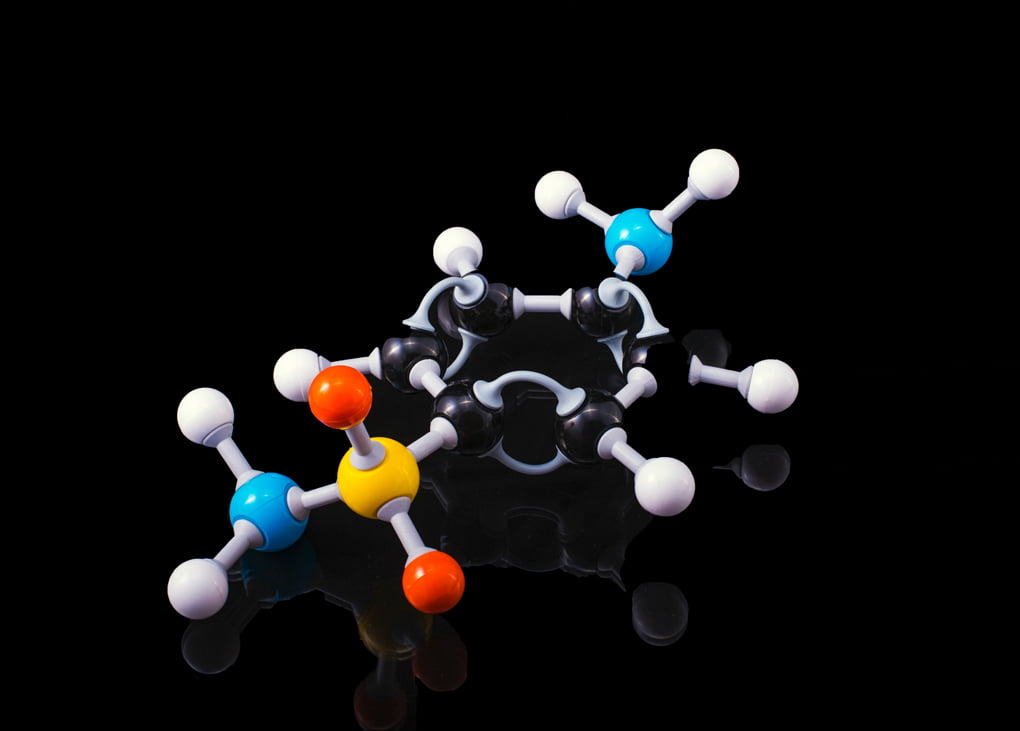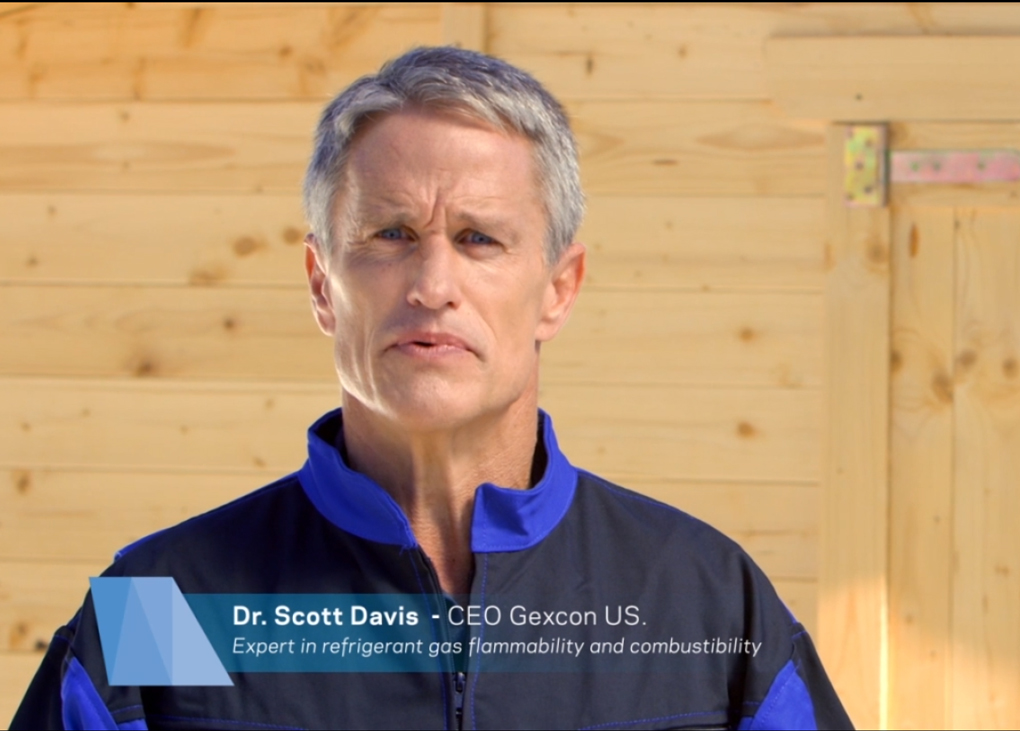Page 1
Tag: TFA
-

Wastewater trial for potential PFAS solution
Wastewater treatment plants are set to trial a magnetic resin developed by University of Queensland (UQ) researchers to remove PFAS from sewerage.
-

Report highlights hidden impacts of HFOs
The Environmental Investigation Agency (EIA) has released a report that explores the upstream and downstream impacts of HFOs, the latest generation of fluorinated refrigerants.
-

Refrigerants Australia releases statement on PFAS
Refrigerants Australia has released a draft statement containing information on the use of perfluoroalkyl and polyfluoroalkyl substances (PFAS).
-

ATMOsphere returns to Australia with new momentum
From May 12–13, the ATMOsphere conference returned to Australia to continue its work promoting the uptake of natural refrigerants.
-

It’s time to talk about forever chemicals
“Forever chemicals” such as PFAS and TFA are being found in drinking water, household dust, food, and human blood, raising global concerns.
-

European views on the F-gas phase-out
HVAC&R News reached out to experts in Europe who have been closely engaged with the revision of the F-gas regulation for their views.
-

Winding road ahead for mobile air conditioning
While the HVAC&R sector tends to focus on the built environment, mobile air conditioning represents a significant portion of Australia’s refrigerant bank – and poses serious challenges as we look to phase down HFCs. The most recent Cold Hard Facts report indicates that mobile air conditioning comprises more than 20 per cent of Australia’s total […]
-

New controls proposed for HFCs and HFOs
Five European countries have proposed new legislation that could see HFCs and HFOs classed as per- and polyfluoroalkyl substances (PFAS) – and covered by tighter regulations. PFAS are a group of synthetic chemicals that are very persistent in the environment and the human body. They do not break down, and can accumulate over time. They […]
-

Researchers sound further warnings about HFOs
A new report from the German Environment Agency, and research from the University of New South Wales have raised more concerns about the environmental impacts of HFO refrigerants. When hydrofluorocarbons (HFCs) were identified as greenhouse gases, and targeted for phase-down under the Kigali Amendment to the Montreal Protocol, hydrofluoroolefins (HFOs) were put forward as an […]
-

New report on potential health impacts of HFOs
A new report has highlighted the possible environmental and human health risks posed by some HFOs – the newest generation of synthetic refrigerants – breaking down in the atmosphere. Report and statement of the downsides of HFO refrigerant usage has been produced by Refolution Industriekälte GmbH, a European refrigeration company that specialises in low-temperature systems […]
-

Video on flammability of A2L and A3 refrigerants
Chemical company Chemours has released a video titled Hydrocarbons: The Burning Truth, which looks at differences in flammability between A2L and A3 refrigerants. The video features Dr Scott Davis, CEO of Gexcon US, who explains the parameters impacting refrigerant flammability. These include how much of a gas is required for an ignition event to occur […]
-

New study raises concerns over HFOs
Research co-led by York University and Environment and Climate Change Canada has unearthed new evidence about the impacts of hydrofluoroolefins (HFOs) on the environment. HFOs have been positioned by some as the future of synthetic refrigerants. They have zero ozone-depleting potential and break down very quickly in the atmosphere, resulting in very low global warming […]